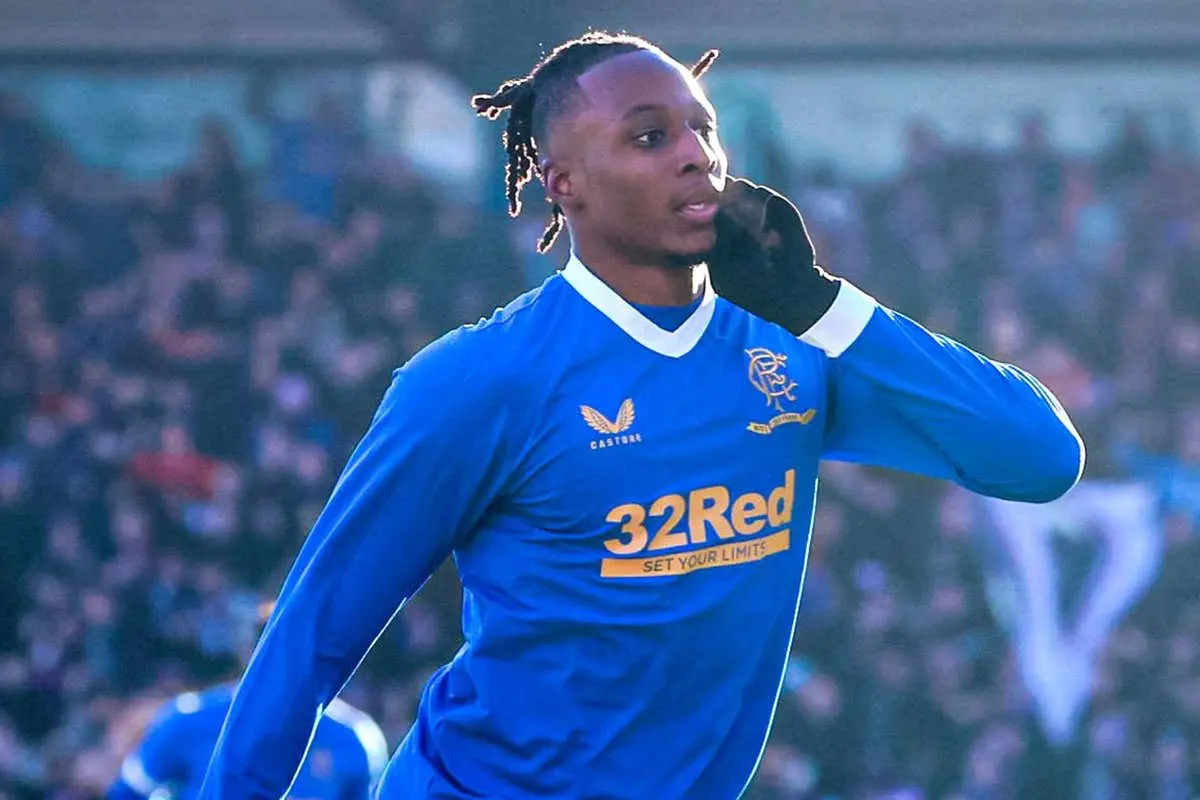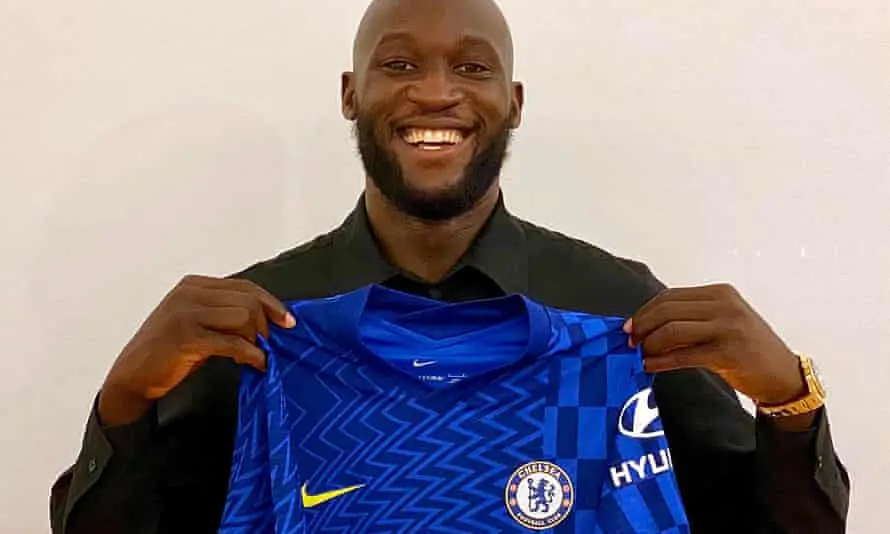The chaos engulfing Chelsea following sanctions imposed on Russian billionaire owner Roman Abramovich has sparked fresh debate over the sources of money that fuel Europe’s richest league.
The Premier League club had their assets frozen after Abramovich was targeted by the British government following Russia’s invasion of Ukraine, leaving them to cope with a ban on ticket sales and merchandise.
An expedited sale of the European champions will soon bring the curtain down on 19 years of nearly unbroken success under their 55-year-old owner, who has overseen five Premier League titles and two Champions League triumphs.
Chelsea’s first home game since the sanctions were imposed was against Newcastle, whose own ownership model is also in the spotlight after a controversial takeover in October by a consortium led by Saudi Arabia’s sovereign wealth fund.
Rights group Amnesty raised concerns over the purchase, saying it was an attempt to “sportswash” the Gulf kingdom’s human rights record.
Reflecting the intensified focus on off-field issues, Newcastle boss Eddie Howe was forced to field questions after the Chelsea game about scores of executions in Saudi Arabia instead of incidents during the match.
Newcastle are hoping to follow in the footsteps of Abu Dhabi-backed Manchester City, who have become the dominant force in the Premier League over the past decade on the back of huge investment.
Yet the UAE’s decision to abstain from voting on a UN Security Council resolution to condemn Russian “aggression” towards Ukraine and a recent meeting between City owner Sheikh Mansour bin Zayed Al Nahyan and Syrian president Bashar al-Assad — an ally of Russia’s President Vladimir Putin — have led to a renewed focus on City.
Opposition Labour lawmaker Chris Bryant said it would be “good to see the back of” Sheikh Mansour as City owner, while the government criticised his meeting with Assad, saying it undermined prospects for a lasting peace in Syria.
Sports business expert Simon Chadwick told AFP that despite the unease about who is funding Premier League clubs, it is difficult to foresee meaningful change in the short-term, with billionaires from across the globe lining up to buy Chelsea.
“European football can wean itself off money from Russia, China and Saudi Arabia but what’s left? If they leave, who replaces them?” said Chadwick, global professor of sport at Emlyon Business School.
“If we take the example of Chelsea, one of the options for replacing an outgoing Russian is a consortium of an American and Swiss billionaire, so for British football fans the situation is not going to change.”
Turning point? –
The British government acknowledges the need for a shake-up, publishing a fan-led review into governance of the sport in November.
Recommendations include the creation of a new independent regulator for English football and new owners’ and directors’ tests to ensure “only good custodians” can run clubs.






2 Comments